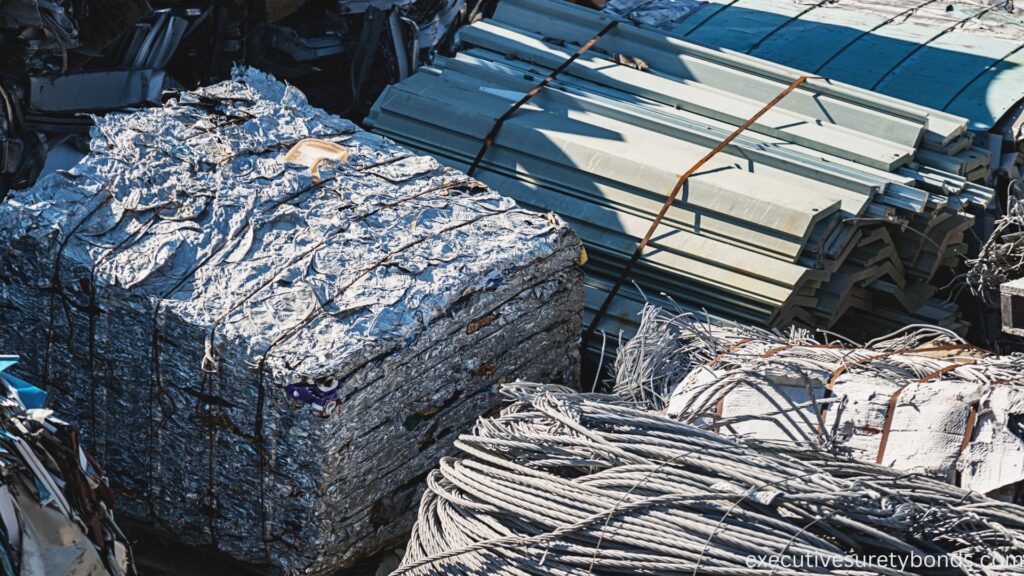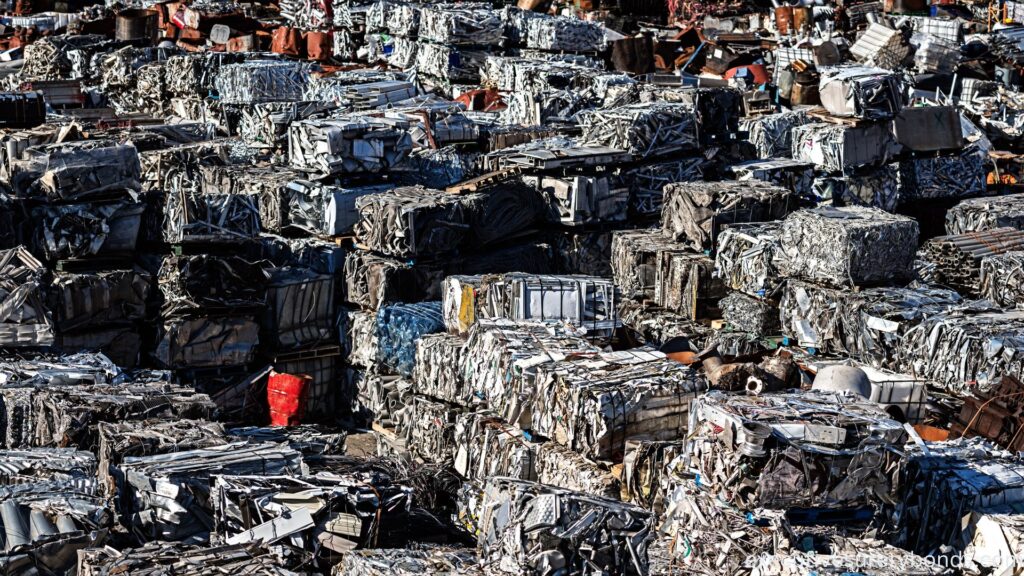Introduction
Scrap metal processing is a critical industry that plays a significant role in recycling and sustainability efforts. In Washington State, scrap metal processors are an essential part of this eco-friendly sector. To ensure that these businesses operate ethically and responsibly, the state mandates the WA $10,000 bond as a protective measure. In this article, we’ll dive into the world of scrap metal processing, exploring what the bond is, why it’s required, and what happens if a processor fails to adhere to the regulations.
Understanding the WA Scrap Metal Processor Bond
The WA $10,000 Scrap Metal Processor Bond is a form of financial security that scrap metal processing businesses must obtain as part of their licensing requirements. It acts as a safety net for consumers and the state, ensuring that processors fulfill their obligations and adhere to industry regulations.
Why is the Bond Required?
- Consumer Protection: The bond is primarily designed to protect consumers from potential fraud, misrepresentation, or unethical practices by scrap metal processors. It guarantees that processors will follow the law and provide fair and honest services.
- Environmental Responsibility: Scrap metal processing can have environmental impacts if not done responsibly. The bond encourages processors to adopt eco-friendly practices, reducing their negative impact on the environment.
- Compliance with Regulations: Washington State has specific regulations governing the scrap metal industry. The bond ensures that processors adhere to these regulations, promoting transparency and accountability.
Consequences of Bond Violation
If a scrap metal processor fails to meet their obligations, violating state regulations or committing fraudulent activities, several consequences can occur:
- Consumer Compensation: Consumers who have been harmed by the processor’s actions can file claims against the bond to seek compensation for their losses.
- License Suspension: The state may suspend or even revoke the processor’s license, prohibiting them from operating legally.
- Legal Action: Legal action, including fines and penalties, may be taken against the processor for violating state laws.
- Damage to Reputation: A damaged reputation can be a significant consequence of bond violations. Customers are less likely to trust a business that has been involved in unethical practices.
Conclusion
The WA $10,000 Scrap Metal Processor Bond serves as a vital tool to ensure ethical and responsible business practices within the scrap metal processing industry. It not only protects consumers but also encourages processors to operate within the boundaries of the law and to prioritize environmental sustainability. Processors should view this bond as a symbol of their commitment to integrity and their role in contributing to a greener future. By understanding the importance of this bond, we can all play a part in promoting responsible scrap metal processing in Washington State.
Frequently Asked Questions
Why is the WA $10,000 Scrap Metal Processor Bond required when other businesses may not need such bonds?
The WA $10,000 Scrap Metal Processor Bond is specifically required for businesses involved in scrap metal processing due to the unique risks associated with this industry. Unlike many other businesses, scrap metal processors deal with potentially hazardous materials and have a significant environmental impact. The bond helps ensure that these businesses operate responsibly and comply with state regulations to protect consumers and the environment.
Can a scrap metal processor get a bond even if they have a history of compliance issues or violations?
In some cases, a scrap metal processor with a history of compliance issues or violations may still be able to obtain the bond. However, the bonding process may be more challenging, and the bond’s cost could be higher. Processors with a history of violations should work diligently to address these issues and demonstrate their commitment to compliance to improve their chances of obtaining the bond.
What should a consumer do if they believe a scrap metal processor has violated regulations or committed fraud?
If a consumer believes that a scrap metal processor has violated regulations or engaged in fraudulent activities, they should take the following steps:
- Document the Issue: Keep records of any transactions, receipts, and communication with the processor.
- Contact the Processor: Reach out to the processor to address the issue directly. Sometimes, misunderstandings can be resolved through communication.
- File a Complaint: If the issue remains unresolved, consumers can file a complaint with the Washington State Department of Licensing or the relevant regulatory authority.
- Seek Legal Advice: If significant financial harm has occurred, consumers may want to consult with an attorney to explore legal remedies, such as filing a claim against the bond.
Remember that the WA $10,000 Scrap Metal Processor Bond is in place to protect consumers, so it’s crucial to report any concerns or violations promptly to the appropriate authorities.

